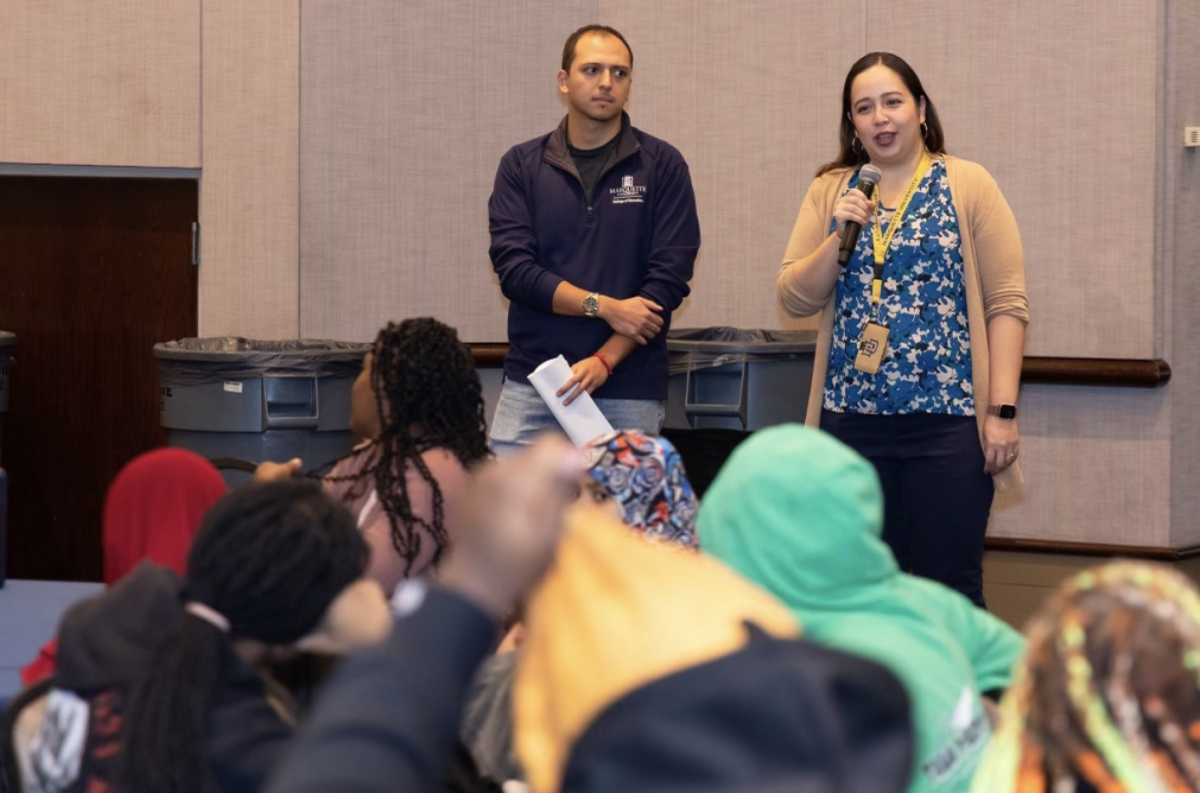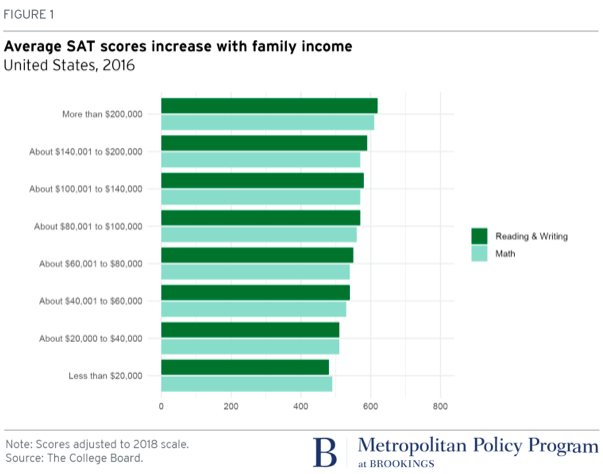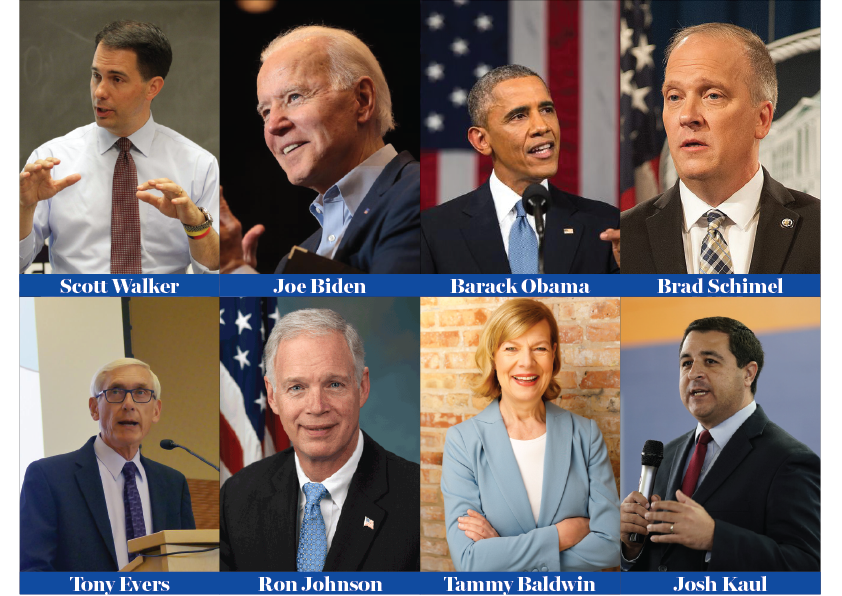Scare tactics may work sometimes, but they’re no help when the threat may worsen the cause.
In a Feb. 4 news release, State Superintendent of Public Instruction Tony Evers informed Milwaukee Public Schools officials that he would begin to reduce federal funds, unless MPS writes a viable appeal within 30 days of the notice.
Threatening to remove up to $175 million of federal funding from the MPS district may urge change, but doing so leaves MPS students in the crossfire.
“I have a legal responsibility to the children of Milwaukee … to speed up change in the Milwaukee Public Schools through the use of my authority regarding federal funds,” Evers said in the news release.
Stripping away a substantial amount from MPS administrative and programmatic funds is not in the best interest of Milwaukee’s children.
It’s no secret that MPS has a measly performance record in regards to former President George W. Bush’s infamous No Child Left Behind Act. Though students’ grades make or break the mark, they cannot be held entirely accountable for the failing MPS system.
Who should be blamed then — teachers, parents, the administration or the government? They’re all guilty. More importantly, impoverished MPS students are suffering the consequences.
These students need the unconditional support of the aforementioned guilty parties. Support that they, for the most part, have not been receiving. Support that has become even further endangered with Evers’ proposed financial restraint.
In a district that enrolls 82,444 students in its 198 schools, there are 5,766 teachers and 1,161 teaching assistants. This averages out to 12 students per educator — which is nothing to complain about.
Regardless of student to educator ratio, however, the MPS graduation rate in the 2007-’08 school year was a staggeringly low 68 percent. That’s undoubtedly worth the state and federal concern that is being shown.
For progress to occur in MPS, students’ support systems need to be rebuilt, not threatened. That process will require parental, faculty, administrative and governmental support, not to mention sufficient finances.
Federal funding is a necessary asset, if used efficiently, in creating a successful academic program. By restricting funds, a domino effect can ensue. Jobs will be cut and schools will close in order to compensate financial loss.
Students will be left without the ample resources and quality personnel that federal dollars help finance.
The Department of Public Instruction and MPS should collaborate to create a system worthy of progress. New budgets will need to be instituted instead of withdrawing monetary support and without instilling more tax dollars by funding failure. Positions of authority may also need to be shifted.
These changes need to be made to keep the students as the central focus.
More money, more problems? What if there’s no money? Now that’s where the real problems begin. Instead of intimidation, let’s work on collaboration.





